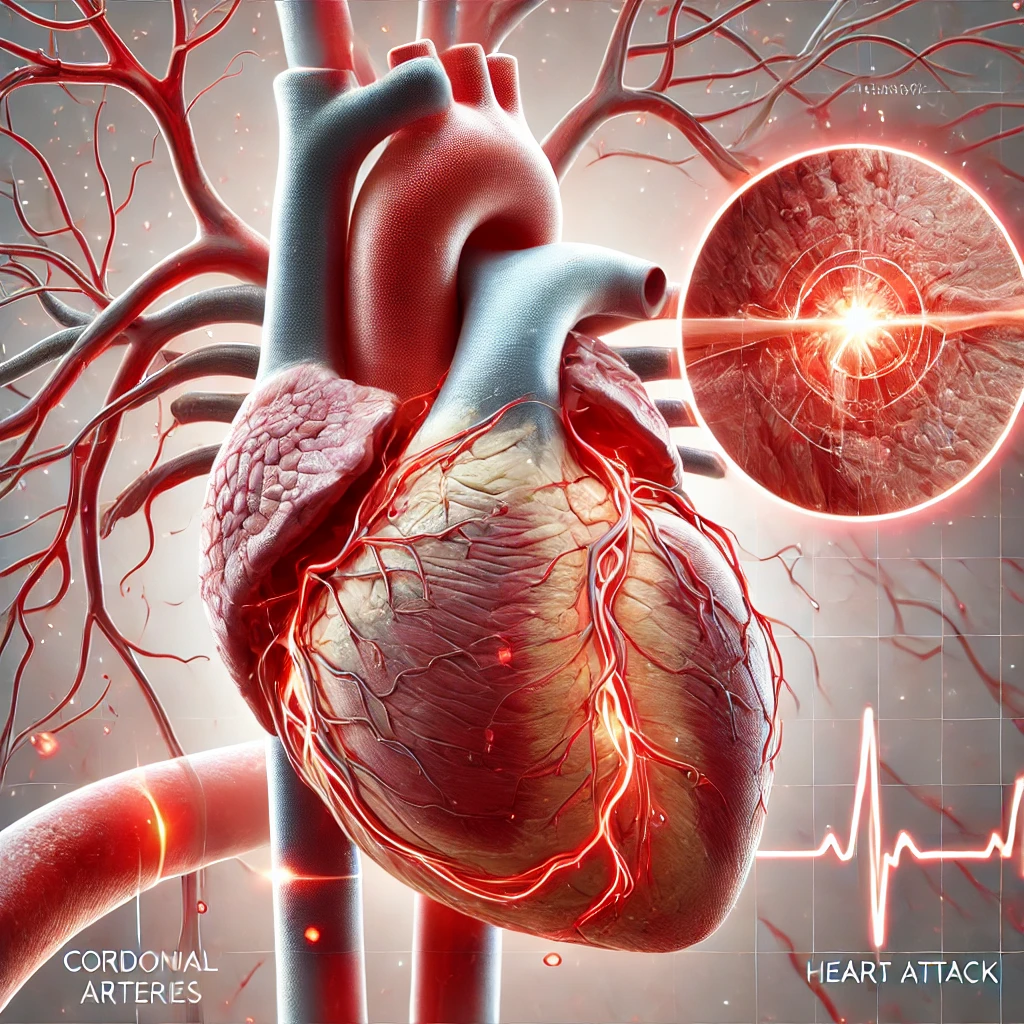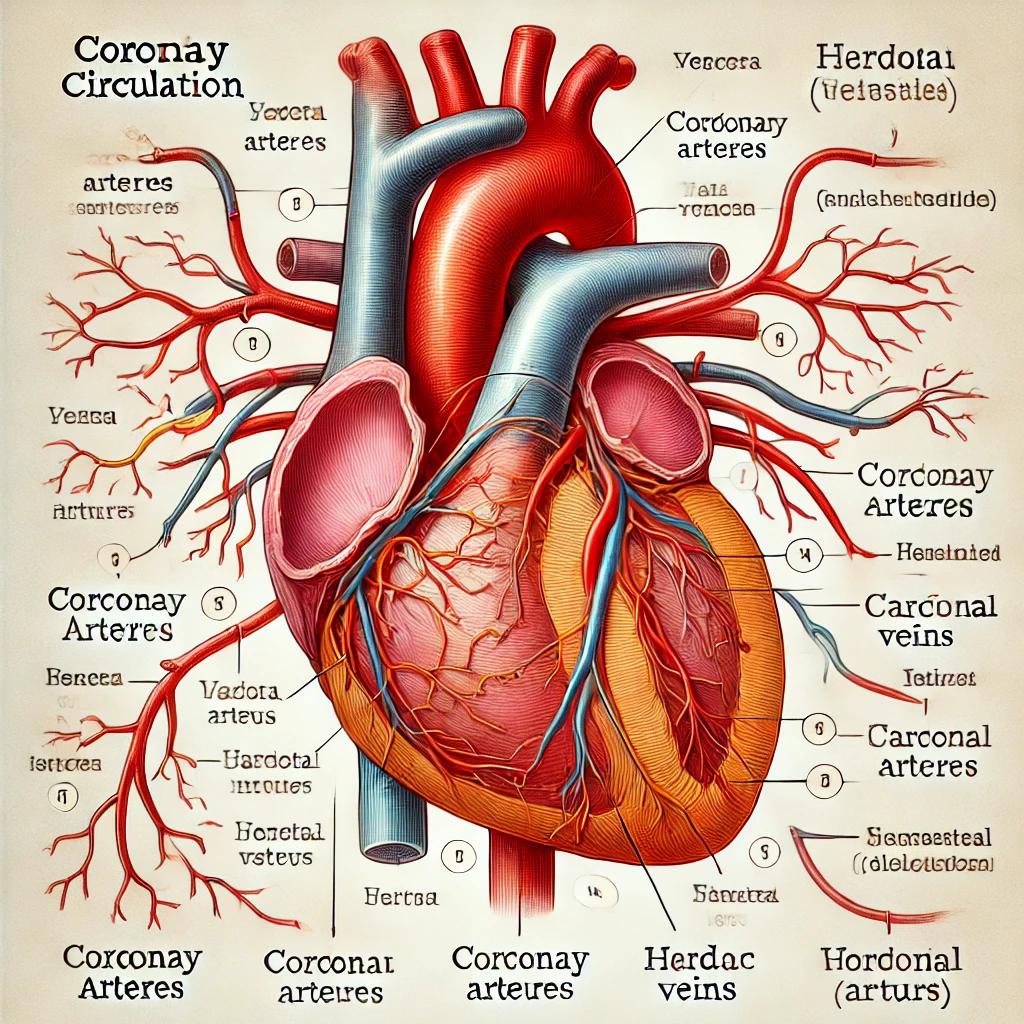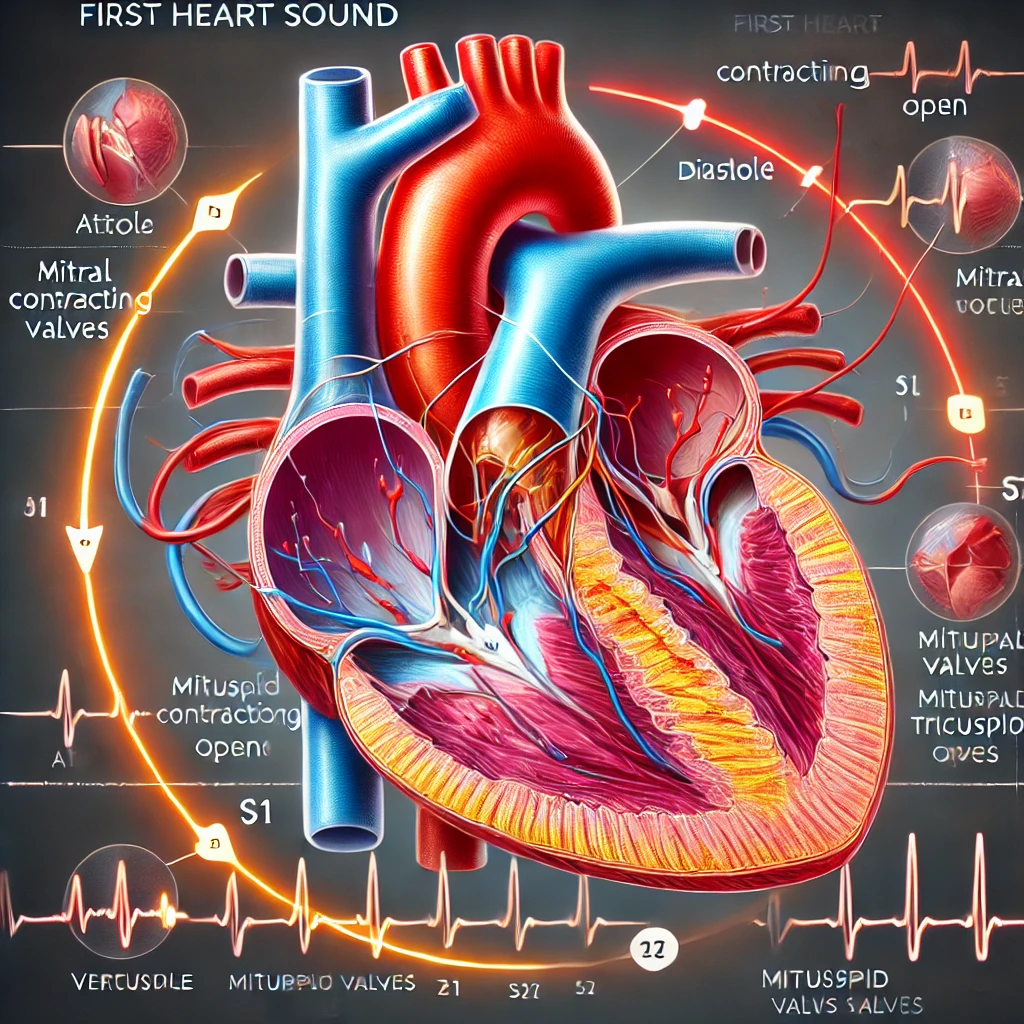Who is Katalin “Kati” Karikó
- Katalin “Kati” Karikó is a Hungarian-American biochemist renowned for her pioneering work in RNA mechanisms, especially concerning in vitro-transcribed messenger RNA (mRNA) used in protein replacement therapy. Her efforts laid the foundation for developing mRNA vaccines, a feat that faced significant challenges and scepticism in the scientific realm. In 2023, she was awarded the Nobel Prize in Physiology or Medicine for her groundbreaking work, sharing the honour with American immunologist Drew Weissman.
- Despite her monumental contributions, Karikó faced numerous professional setbacks. At the University of Pennsylvania, where she spent over twenty years, she dealt with limited support, was demoted, faced salary cuts, and was never granted tenure. The institution even once deemed her as “not of faculty quality.” However, her career trajectory was optimistic when she co-founded and led RNARx from 2006 to 2013. Later, she joined BioNTech RNA Pharmaceuticals, initially as a vice president and later elevated to senior vice president in 2019. She decided to leave BioNTech in 2022 to focus more on research. Karikó was also recognized by the University of Szeged in Hungary in 2021 with an honorary doctorate and subsequently joined them as a professor.
- One of the significant milestones in Karikó’s research was her collaborative work with Drew Weissman. They discovered nucleoside modifications that reduced RNA’s immunogenicity, enhancing mRNA’s therapeutic potential. This discovery is now patented in the U.S.; companies like BioNTech and Moderna have adopted the technology. Notably, this innovation played a crucial role in creating their COVID-19 vaccines.
- The mRNA technology, championed by Karikó, and the two prominent vaccines it birthed – BioNTech/Pfizer and Moderna – have been instrumental in the global fight against the SARS-CoV-2 virus. Their contribution has been pivotal in curbing the COVID-19 pandemic. In recognition of their work, both Karikó and Weissman have been honoured with multiple accolades, including the Lasker–DeBakey Clinical Medical Research Award, being named Time Magazine’s Hero of the Year in 2021, and receiving the Tang Prize Award in Biopharmaceutical Science in 2022.
Childhood and Academic Background
- Katalin Karikó was born in the city of Szolnok and raised in the town of Kisújszállás, Hungary. She grew up in a modest household without basic amenities like running water, a fridge, or a TV. Her father worked as a butcher, while her mother was a bookkeeper. From a young age, Karikó showcased a keen interest in science, and her talent was recognized when she secured third place in a national biology contest in Hungary.
- She pursued higher education at the University of Szeged, earning a B.Sc. in biology in 1978 and a Ph.D. in biochemistry in 1982. During her academic journey, she collaborated with Jenő Tomasz and conducted postdoctoral research at Hungary’s Institute of Biochemistry, Biological Research Centre (BRC). Between 1978 and 1985, the Communist Hungarian secret police listed her as an intelligence asset. Karikó claims she was coerced into this position due to threats to her career and potential harm to her father. However, she emphasizes that she never actively engaged in espionage or provided them with any information.

- In 1985, her research lab at the BRC faced a financial setback and lost funding. This prompted Karikó to explore opportunities abroad. An invitation from Robert J. Suhadolnik of Temple University in the United States gave her a new path. She moved to the U.S. with her husband and young daughter, carrying with her £900. This money, sourced from the sale of their car and converted to British pounds in an illicit transaction, was cleverly concealed within her daughter’s teddy bear.
Professional Journey
- From 1985 to 1988, Katalin Karikó was a postdoctoral fellow at Temple University in Philadelphia. During this period, she was involved in a pioneering clinical trial. This trial focused on treating patients with conditions like AIDS, hematologic diseases, and chronic fatigue syndrome using double-stranded RNA (dsRNA). The significance of this research stemmed from the fact that, at that time, the molecular process by which dsRNA induced interferon wasn’t understood, even though the antiviral and antineoplastic effects of interferon were well recognized.

- 1988, Karikó decided to join Johns Hopkins University but didn’t notify her lab supervisor, Suhadolnik, about her plans to leave Temple. This episode, detailed in Gregory Zuckerman’s 2021 book “A Shot to Save the World,” took a dramatic turn. Suhadolnik threatened Karikó with deportation and even reported her to U.S. immigration officials, alleging she was in the U.S. unlawfully. The subsequent legal proceedings led Johns Hopkins to retract their job offer. Making matters worse, Suhadolnik continued to tarnish Karikó’s reputation, making it challenging for her to secure positions elsewhere. Her fortunes changed when she connected with a researcher from Bethesda Naval Hospital, who had had disputes with Suhadolnik. Karikó later acknowledged the incident’s accuracy as described by Zuckerman but also expressed gratitude to Suhadolnik for the initial opportunity and the scientific knowledge she gained. Between 1988 and 1989, she worked at the Uniformed Services University of the Health Sciences in Bethesda, MD, focusing on signal protein interferons.
- In 1989, the University of Pennsylvania welcomed Karikó, where she collaborated with cardiologist Elliot Barnathan on messenger RNA (mRNA) research. By 1990, while affiliated as an adjunct professor at the Perelman School of Medicine at the University of Pennsylvania, Karikó proposed an innovative idea in a grant application: establishing mRNA-based gene therapy. Since that proposal, her primary focus has been on mRNA-based medicines. However, during the 1990s, the scientific community grew sceptical about mRNA’s potential. Despite being backed by supporters like Elliot Barnathan (who departed UPenn in 1997) and David Langer (who later employed her), Karikó struggled to secure funding. The University of Pennsylvania, where she seemed poised to rise to a full professorship, demoted her in 1995 due to continuous grant rejections. Undeterred, Karikó remained dedicated to her mRNA research.

May 1994 she received two nearly identical letters from two parts of the university rejecting her proposal. “We received many more meritorious proposals than we could possibly fund,” the letters both said.
We know this because, dramatically, she included these rejection letters in her slide show on the history of mRNA research. Not to gloat, she says, but to give hope to other researchers struggling to win support for their work.
“We just have to be braver,” Kariko said.
Source: Click Here
Research and Discoveries
- In 1997, she met Drew Weissman, a professor of immunology who had recently arrived at the University of Pennsylvania. They began to exchange ideas and then to collaborate. Weissman’s funding was critical in helping Karikó to continue and extend her research, and the combination of Weissman’s immunology and Karikó’s biochemistry was highly effective. They began to move the technology forward, solving problems individually and eventually gaining recognition. Weissman has commented, “We had to fight the entire way.” Karikó’s persistence was noted as exceptional against the norms of academic research work conditions.
Kate was really just unbelievable… She was always incredibly inquisitive. She read voraciously. She would always know the latest technology or the latest paper, even if it was in a totally different area, and she’d put two and two together and say, ‘Well why don’t we do this?’ Or, ‘Why don’t we try this formulation?’
— Elliot Barnathan
- Before 2005, there was a significant hurdle in the therapeutic application of mRNA: its use in living organisms often triggered inflammatory responses. A crucial breakthrough occurred when Karikó noticed that transfer RNA (tRNA), used as a control in a test, didn’t elicit the same immune reaction as mRNA. Starting in 2005, a sequence of pivotal studies showed that while synthetic mRNA was highly inflammatory, tRNA was not. Together with Weissman, Karikó discovered that making specific nucleoside modifications in mRNA could dampen this immune response, particularly by substituting uridine with pseudouridine. Their groundbreaking work on the chemical alteration of mRNA to make it nonimmunogenic was initially turned down by prominent journals like Nature and Science but was later accepted by Immunity.
- Another significant contribution from the duo was devising a method to encapsulate mRNA in lipid nanoparticles, introducing an innovative drug delivery system for mRNA. This approach involves enclosing the mRNA within minuscule fat droplets or lipid nanoparticles, safeguarding the delicate molecule until it reaches its target in the body. This technique proved successful in animal tests.
- Karikó and Weissman then established a company named RNARx. Between 2006 and 2013, they secured patents for utilising modified nucleosides to diminish the antiviral immune response to mRNA. Not long after, the University of Pennsylvania transferred the intellectual property license to Gary Dahl, who led a lab supply firm that later evolved into Cellscript. Shortly after this transition, Flagship Pioneering, a venture capital firm backing Moderna, approached Karikó for a license. To their disappointment, Karikó informed them that the permit had already been taken.
- 2006 Karikó approached biochemist Ian MacLachlan, hoping to collaborate on the chemically altered mRNA. At first, MacLachlan and his company, Tekmira, weren’t interested. Karikó was keen on partnering with MacLachlan, recognizing his leading role in advancing mRNA technology and her ambition to perfect the lipid nanoparticle delivery system that shields mRNA.
- In early 2013, news of Moderna’s $240 million collaboration with AstraZeneca to develop an mRNA-based Vascular endothelial growth factor caught Karikó’s attention. Recognizing that her mRNA expertise might not be fully expressed at the University of Pennsylvania, she joined BioNTech RNA Pharmaceuticals as a vice president. By 2019, she had risen to senior vice president while retaining her adjunct professorship at the University.
- As of October 2023, Karikó holds a professorship at the University of Szeged in Hungary.
Recognitions and Accolades

Karikó’s scientific contributions have far-reaching effects, spanning areas like developing pluripotent stem cells, mRNA-based gene therapies, and the introduction of a novel category of drugs.
Her groundbreaking work paved the way for companies like BioNTech and Moderna to develop therapeutic mRNAs that bypass the body’s immune response. In 2020, the technology pioneered by Karikó and Weissman played a central role in producing COVID-19 vaccines by BioNTech in partnership with Pfizer and Moderna. These mRNA vaccines were rolled out rapidly, showcasing an impressive efficacy rate of over 90%. Beyond just vaccines for infectious diseases, the potential of mRNA extends to potential treatments for cancer, cardiovascular conditions, metabolic ailments, and ischemia.
Recognitions and Accolades
Karikó has been honoured with over 130 international awards and recognitions, celebrating her groundbreaking and globally impactful contributions to biochemistry.
On October 2, 2023, the Royal Swedish Academy of Sciences proclaimed that Katalin Karikó, along with Drew Weissman, were the esteemed recipients of the 2023 Nobel Prize in Physiology and Medicine, awarded for their revolutionary development of mRNA technology.
In 2023, in acknowledgement of her extraordinary research in messenger RNA, Karikó was also honoured to be inducted into the National Inventors Hall of Fame.
Private Life
Katalin Karikó is wedded to Béla Francia, and they proudly parent Susan Francia, a rower who clinched two Olympic gold medals. In February 2021, their daughter and her husband, architect Ryan Amos, welcomed a son in the U.S., making Katalin and Béla grandparents.
Public Appearances and Autobiography
In April 2021, The New York Times they featured her career, laying the groundwork for mRNA vaccines to fight the COVID-19 pandemic.
On June 10 2021, The Daily podcast from The New York Times highlighted Karikó’s career, emphasizing the many challenges she had to overcome before her work was recognized.
In 2023, two children’s books were released about her: Never Give Up: Dr. Kati Karikó and the Race for the Future of Vaccines, by Debbie Dadey and Juliana Oakley, and Kati’s Tiny Messengers: Dr. Katalin Karikó and the Battle Against COVID-19, by Megan Hoyt and Vivien Mildenberger.
Katalin Karikó’s autobiography was published by Crown Publishing Group on October 10, just days after she won the Nobel Prize. It is titled Breaking Through: My Life in Science.
Selected publications
- Uğur Şahin; Alexander Muik; Evelyna Derhovanessian; et al. (30 September 2020). “COVID-19 vaccine BNT162b1 elicits human antibody and TH1 T-cell responses”. Nature. doi:10.1038/S41586-020-2814-7. ISSN 1476-4687. PMID 32998157. Wikidata Q100392375.
- Ugur Sahin; Katalin Karikó; Özlem Türeci (19 September 2014). “mRNA-based therapeutics–developing a new class of drugs”. Nature Reviews Drug Discovery. 13 (10): 759–780. doi:10.1038/NRD4278. ISSN 1474-1776. PMID 25233993. S2CID 27454546. Wikidata Q38252360.
- Bart R. Anderson; Hiromi Muramatsu; Subba R Nallagatla; Philip C. Bevilacqua; Lauren H. Sansing; Drew Weissman; Katalin Karikó (10 May 2010). “Incorporation of pseudouridine into mRNA enhances translation by diminishing PKR activation”. Nucleic Acids Research. 38 (17): 5884–5892. doi:10.1093/NAR/GKQ347. ISSN 0305-1048. PMC 2943593. PMID 20457754. Wikidata Q34146278.
- Katalin Karikó; Hiromi Muramatsu; Frank A Welsh; János Ludwig; Hiroki Kato; Shizuo Akira; Drew Weissman (16 September 2008). “Incorporation of pseudouridine into mRNA yields superior nonimmunogenic vector with increased translational capacity and biological stability”. Molecular Therapy. 16 (11): 1833–1840. doi:10.1038/MT.2008.200. ISSN 1525-0016. PMC 2775451. PMID 18797453. Wikidata Q37416925.
- Katalin Karikó; Michael Buckstein; Houping Ni; Drew Weissman (August 2005). “Suppression of RNA recognition by Toll-like receptors: the impact of nucleoside modification and the evolutionary origin of RNA”. Immunity. 23 (2): 165–75. doi:10.1016/J.IMMUNI.2005.06.008. ISSN 1074-7613. PMID 16111635. Wikidata Q24316383.
- Katalin Karikó; Drew Weissman; Frank A Welsh (1 November 2004). “Inhibition of toll-like receptor and cytokine signaling–a unifying theme in ischemic tolerance”. Journal of Cerebral Blood Flow & Metabolism. 24 (11): 1288–1304. doi:10.1097/01.WCB.0000145666.68576.71. ISSN 0271-678X. PMID 15545925. Wikidata Q35951508.
- Katalin Karikó; Houping Ni; John Capodici; Marc Lamphier; Drew Weissman (16 January 2004). “mRNA is an endogenous ligand for Toll-like receptor 3”. Journal of Biological Chemistry. 279 (13): 12542–12550. doi:10.1074/JBC.M310175200. ISSN 0021-9258. PMID 14729660. Wikidata Q34290592.
Disclaimer: All information about Dr. Katalin Karikó is for informational purposes only. While every effort has been made to ensure accuracy, this content might not reflect changes or updates. Please refer to primary sources for the most up-to-date information.




